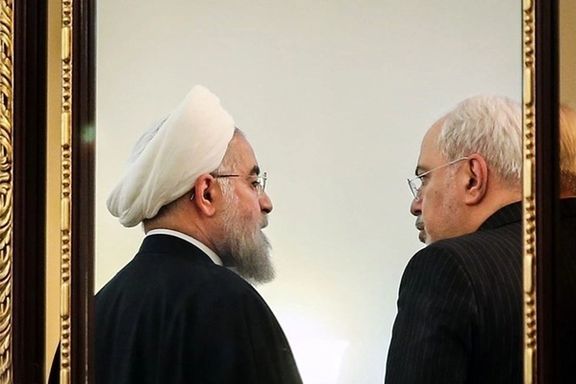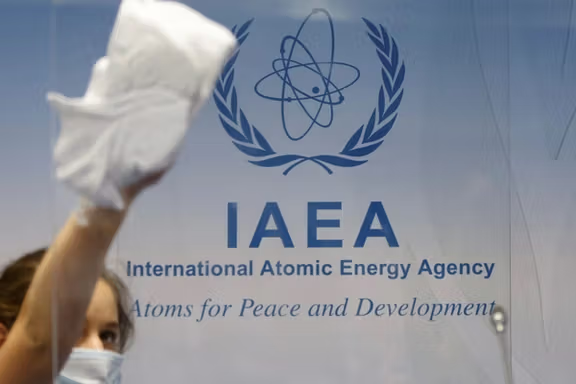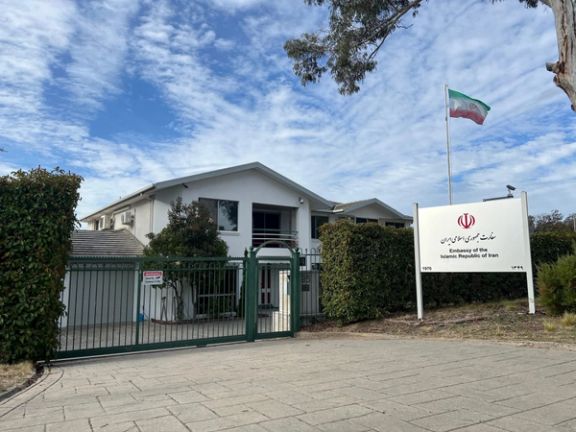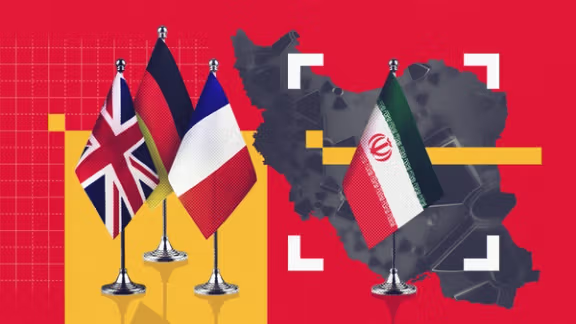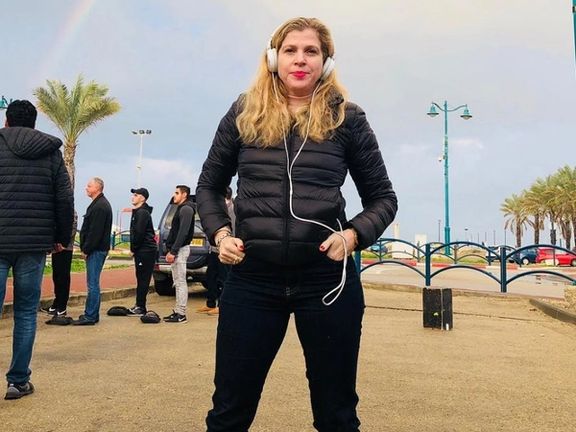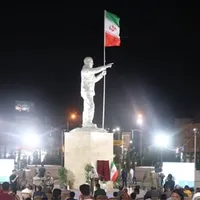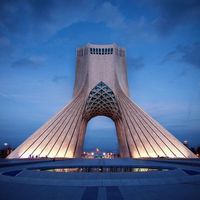Kazem Gharibabadi added that France, Germany and the United Kingdom are not authorized to invoke provisions of the Joint Comprehensive Plan of Action (JCPOA), a 2015 nuclear deal, since they are no longer active participants in the agreement.
“"If the snapback mechanism is activated, the current path with the IAEA will be affected and halted,” Gharibabadi told official Iranian media on Wednesday.
Iran said this week that inspectors from the International Atomic Energy Agency had re-entered the country after being barred amid a 12-day war with Israel in June. No agreement has yet been reached on the resumption of their work, however.
The European troika dubbed the E3 are likely to begin a process to trigger the so-called snapback of international sanctions on Iran over its nuclear program after talks on Tuesday with Tehran yielded little progress, Reuters reported citing sources.
The move could come as early as Thursday, four diplomats cited by Reuters said, but the countries hope Iran will make diplomatic concessions within the next 30 days.
“We told them, if you’re truly implementing the JCPOA, provide a report showing how. The indicators and information we have contradict their claim," Gharibabadi added. "Not only has Europe failed to implement the JCPOA, but new sanctions have been imposed over the years, the latest being only a few months ago against Iran’s shipping and aviation industries.”
The snapback mechanism, part of United Nations Security Council Resolution 2231 which endorsed the deal, allows any party to the accord to file a complaint accusing Iran of non-compliance.
If no resolution is reached within 30 days, all previous UN sanctions would automatically be reimposed, including arms embargoes, cargo inspections and missile restrictions.
The three European countries have warned Iran they will restore UN measures unless talks resume and produce results by the end of August.
Agency inspectors at Bushehr
Gharibabadi also responded to domestic criticism over the presence of International Atomic Energy Agency (IAEA) inspectors in Iran, saying their access was necessary in the case of a nuclear power plant.
“Without IAEA inspectors in Iran, the Bushehr power plant’s operations would be disrupted. Do some really want our Bushehr plant shut down? The return of IAEA inspectors to facilities is a specific case, conducted with necessary coordination and approvals,” Gharibabadi said.
The Bushehr facility, which uses nuclear fuel supplied by Russia’s Rosatom, requires IAEA monitoring for re-fueling with low-enriched uranium.
Iranian foreign minister Abbas Araghchi indicated there is no way for Iran to cut off all relations with the IAEA.
“In about a month, it’s time to replace the fuel at the Bushehr power plant, and this must be done in the presence of Agency inspectors,” Araghchi said last week.
In response to the United States’ June 22 attacks against three nuclear sites in Iran, parliament passed a law restricting cooperation with the IAEA.
Since then, Iran and the three European countries have held two rounds of negotiations, one in Istanbul in July and another in Geneva on August 26, but no concrete progress was announced.


